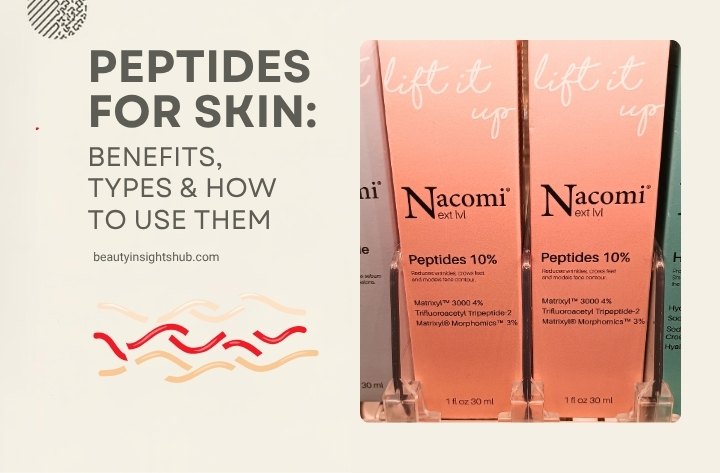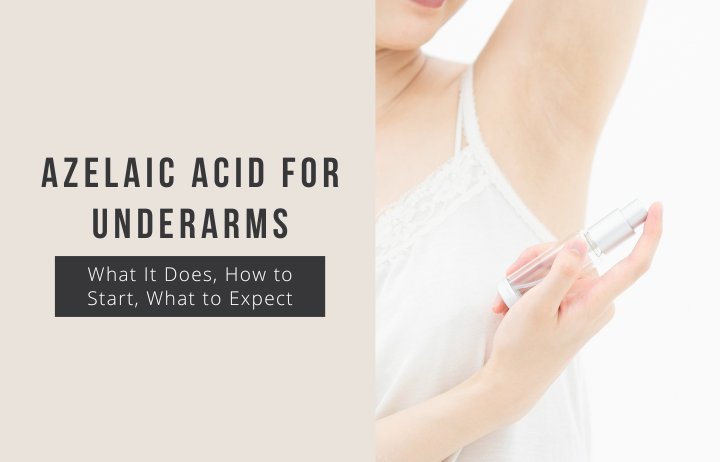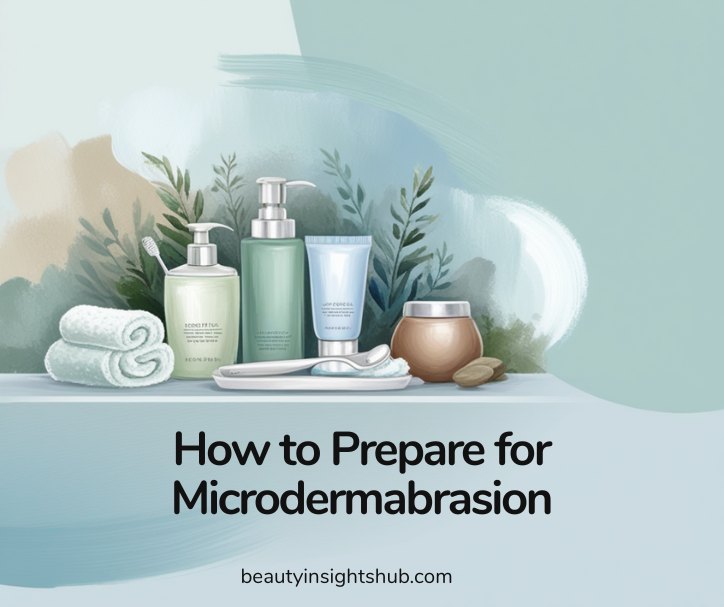Dermaplaning Aftercare Made Simple: What to Do Next (and What to Avoid)
That fresh, smooth feeling after dermaplaning is so satisfying… until you start wondering what you can actually do next without messing up your skin. The tricky part is that right after dermaplaning your skin can be a bit more “open” than usual, so products can hit harder, and small mistakes (like using acids too soon…










